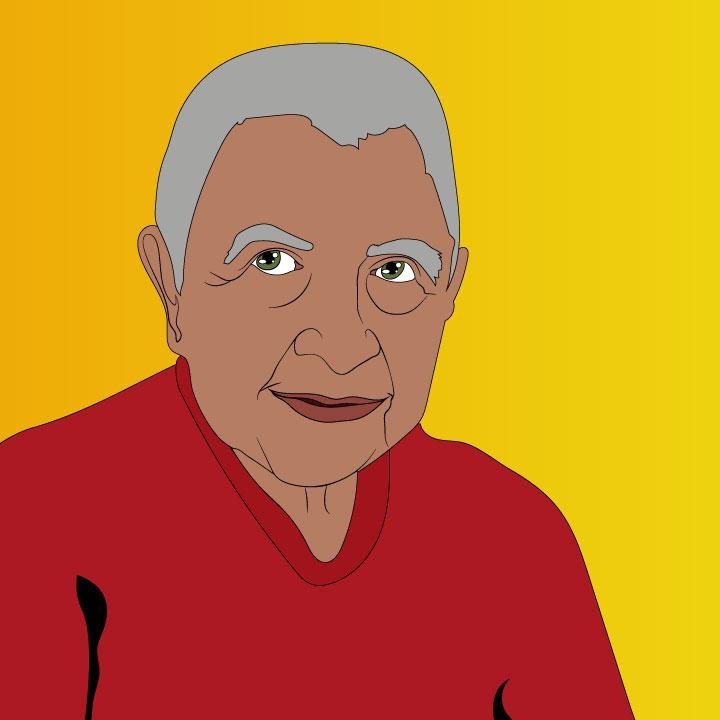By Hannah DiPilato
Melvin Sampson was a leader throughout his life and was dedicated to fighting for the rights of indigenous people. Before his passing, he was a tribal councilman that pushed for Native American’s rights.
Some of his most monumental efforts include helping to establish the Indian National Finals Rodeo, assisting in the improvement of health care for Native Americans across the nation, advocating for the construction of the Yakama Nation Indian Health Services clinic west of Toppenish and pushing to improve fish restoration in the Yakima and Columbia basins.
Sampson passed in his home on December 11 at 82-years-old and left behind his wife, Betty Jean and his four daughters. He will be remembered by his big family of grandchildren and great-grandchildren.
Sampson’s full obituary can be found on Heggies Colonial Funeral Home’s website and anyone is able to leave thoughts, prayers and condolences for Sampson’s loved ones. People can also send flowers or a virtual gift and share photos and videos, a beautiful way to share remembrance amidst the pandemic.
“He’s bigger than the Yakama Nation,” said Yakama General Council Chairman Roger Fiander, who grew up beside Sampson. “Besides that, he was my roping partner.”
Sampson’s legacy of helping to gain rights for Native Americans will live on for generations. Hopefully, many more people will follow in his footsteps to preserve tribal culture.
Sampson was an advocate of better healthcare for Native Americans for 17 years while he served on the National Indian Health Board. He also helped form the Portland Area Indian Health Board, which monitors the federal administration of Indian health services in Idaho, Oregon and Washington.
In Washington D.C., Sampson was at the head of an effort to gain funding for a new Indian Health Clinic. Eventually, his efforts led to an expansion of the clinic which expanded it into a facility of over 80,000 square feet.
Sampson also wanted to improve fish rearing practices in the Yakama and Columbia basins in order to help the fish that lived there. With Sampson in charge, the Yakama Nation gained control of the Klickitat Hatchery which is found on the Klickitat river outside of Glendale. This hatchery was designed to rebuild the population of salmon by mimicking the natural habitat system that fish thrive in.
Everyone that knew Sampson believed he was a born leader. He had a diverse understanding of tribal culture and government which allowed him to make many changes in his lifetime. George Waters, a lobbyist for the tribe in Washington, D.C., said that Sampson was just a person able to operate in different worlds.
He was able to create many amazing things such as doing leatherwork and beginning a shop in his basement. Sampson can also be remembered for his forward-thinking ways that were ahead of his time.
Irving Pinkham, another childhood friend of Sampson, said that Sampson cared for everyone and always wanted to help indigenous people. “In our way, nobody is better than anyone else and that’s what he believed too,” Pinkham said. “He never was a person who said ‘I, I did this, I did that.’ He was always a person who said ‘We, we did this, we did that.’ “
Sampson’s perseverance and ability to understand people helped him become a success in many aspects of his life. He was able to improve healthcare and the way of life for those around him and his legacy will be seen in all of the work he accomplished over his lifetime.






